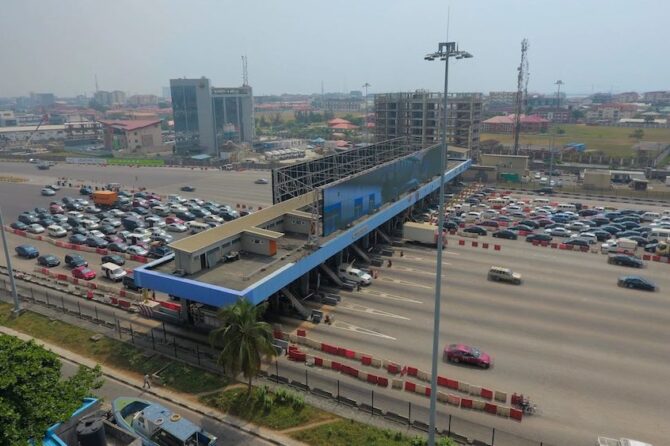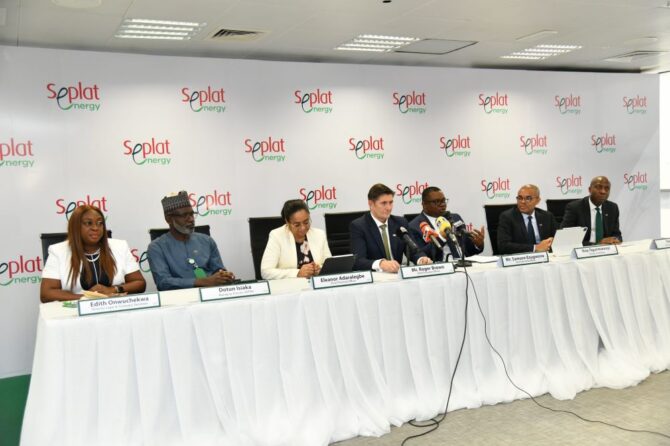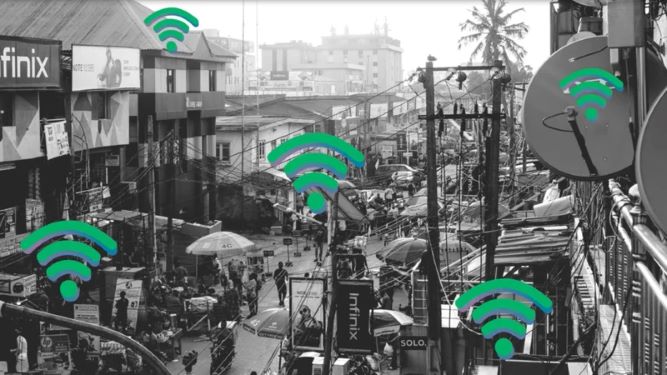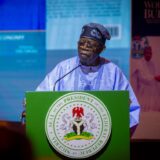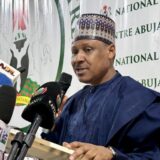FCMB Launches N30 Million Clean Energy Loan to Accelerate Renewable Energy Adoption in Nigeria
Lagos, Nigeria – In a pioneering step to support Nigeria’s transition to sustainable energy, First City Monument Bank (FCMB) has launched an extensive new loan product aimed at easing access to clean energy solutions for households and small businesses. With loans available up to N30 million, FCMB’s initiative will facilitate the purchase of renewable energy equipment such as solar panels, batteries, and inverters, allowing customers to repay over a three-year period.
The bank’s Managing Director, Yemisi Edun, emphasized that this clean energy loan program aligns with Nigeria’s ambitious goal to achieve net-zero emissions by 2060. “This initiative not only aims to provide affordable financing for clean energy but also to empower Nigerians to embrace sustainable energy alternatives that can stabilize power supply and support economic growth,” she said.
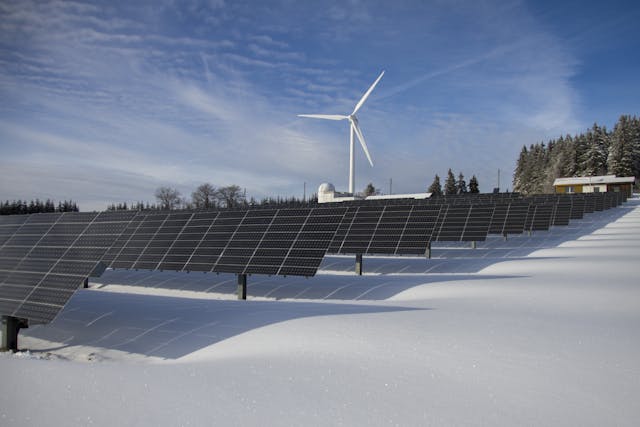
A Boost for Small Businesses and Households in the Renewable Energy Shift
FCMB’s clean energy loan addresses the high upfront costs of renewable energy solutions that often deter many from making the switch. By offering a three-year repayment plan, FCMB is making it possible for businesses and homes to install reliable solar power systems, reducing their dependence on costly and environmentally taxing fossil fuels. Edun pointed out that the program’s structure provides accessible financing to “empower businesses and homes to thrive sustainably.”
FCMB’s Broader Sustainability Efforts
The clean energy loan is part of FCMB’s larger commitment to sustainability and social responsibility. Recently, the Development Bank of Nigeria awarded FCMB two prestigious honours: “Best Bank for Impact on MSMEs Accessing Credit for the First Time in Nigeria” and “Highest Disbursement to Sustainability Projects.” These accolades highlight FCMB’s role in supporting small businesses and championing projects that align with sustainable growth, reinforcing the bank’s position as a leader in responsible financing.
On the bank’s website, a dedicated “Sustainability” section within the “About Us” page highlights FCMB’s commitment to green initiatives. Though details of FCMB’s other sustainability projects are not exhaustively listed, the awards and dedicated web presence indicate a well-rounded approach to environmental and social governance in its operations.
Nigeria’s Energy Landscape: Complex Challenges and Opportunities
Despite recent advances, Nigeria’s energy landscape remains heavily reliant on traditional sources. Research shows that over 74% of Nigerian households still use traditional fuels, with 67.6% relying on wood for cooking and lighting. This heavy use of non-renewable energy sources presents significant environmental and health risks.
With electricity tariffs on the rise and diesel prices increasing, the clean energy market offers both environmental and financial incentives, especially for small businesses facing high operational costs. Solar and other renewable energy solutions have become more appealing as alternatives, which FCMB’s loan programme hopes to leverage to address the country’s ongoing energy access issues.
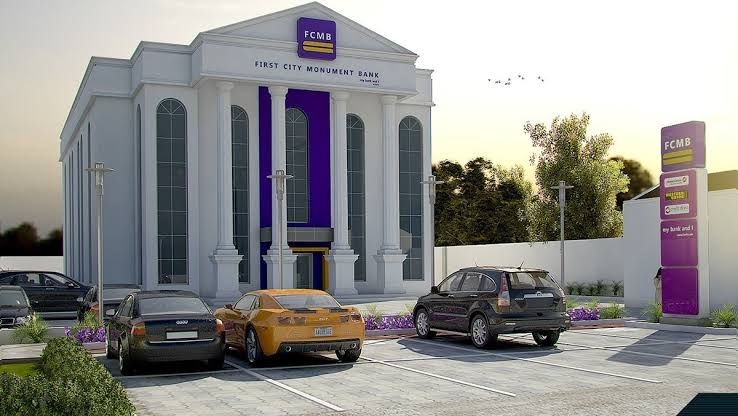
Overcoming Socioeconomic Barriers to Clean Energy Adoption
While initiatives like FCMB’s clean energy loan provide financial relief, wider adoption of renewable energy in Nigeria requires overcoming socioeconomic challenges. Income disparity, educational levels, regional disparities, and gender dynamics all influence energy choices. Wealthier households are more likely to adopt clean energy solutions, underlining the need for policies addressing economic inequality to widen access to renewables.
Educational campaigns highlighting the health, environmental, and financial benefits of renewable energy could further drive the shift away from traditional fuels. Additionally, region-specific policies can ensure that the unique energy needs across Nigeria’s varied landscapes are met with tailored solutions.
Policy Recommendations for a Sustainable Energy Future
Experts suggest that Nigeria’s clean energy future hinges on policies promoting renewable energy infrastructure, including:
- Expanding and modernising the power grid to integrate renewable sources effectively.
- Incentivizing private investment in solar and other renewable energy technologies through tax breaks, subsidies, and feed-in tariffs.
- Shifting energy subsidies away from fossil fuels toward renewables to catalyse adoption.
- Public-private partnerships that drive investment and technology transfer, bolstering capacity for a renewable transition.
A Step Toward Nigeria’s Net-Zero Vision
FCMB’s clean energy loan program is a noteworthy step toward the broader adoption of renewables in Nigeria, providing a viable financing option for households and businesses ready to make the switch. As Nigeria pushes toward its 2060 net-zero goal, broader government and corporate interventions will be essential in overcoming the complex interplay of affordability, accessibility, and social factors that shape the nation’s energy landscape.
By launching this initiative, FCMB positions itself not only as a financial services provider but also as a key player in Nigeria’s sustainable development journey, paving the way for a future where clean, accessible, and reliable energy becomes the norm.



